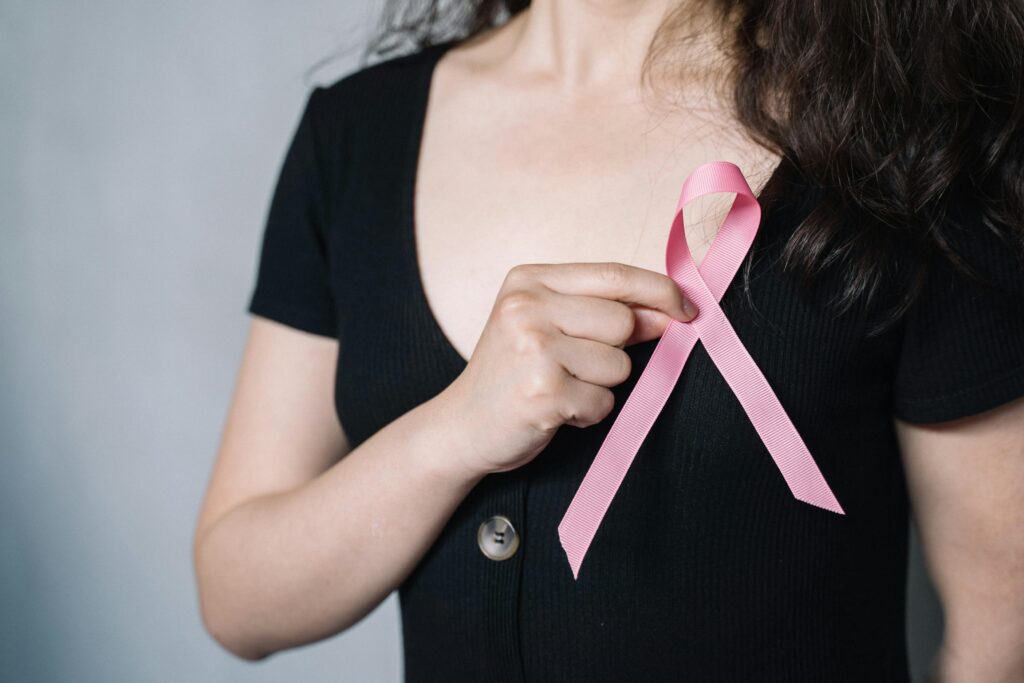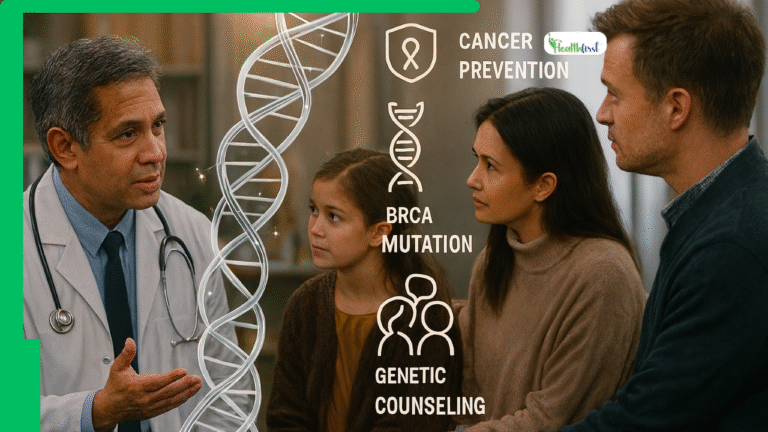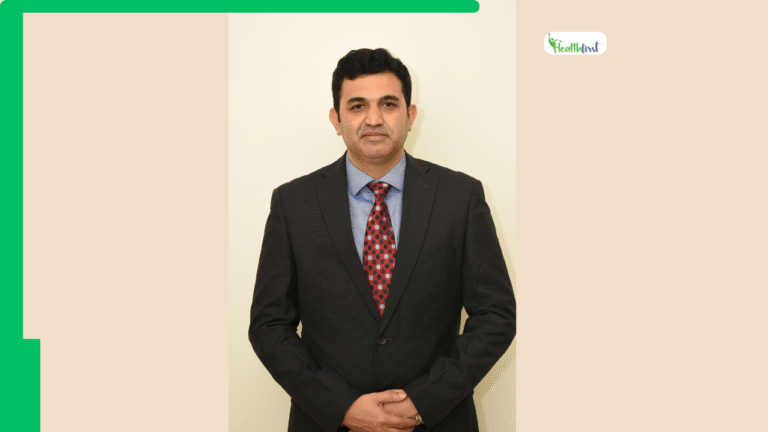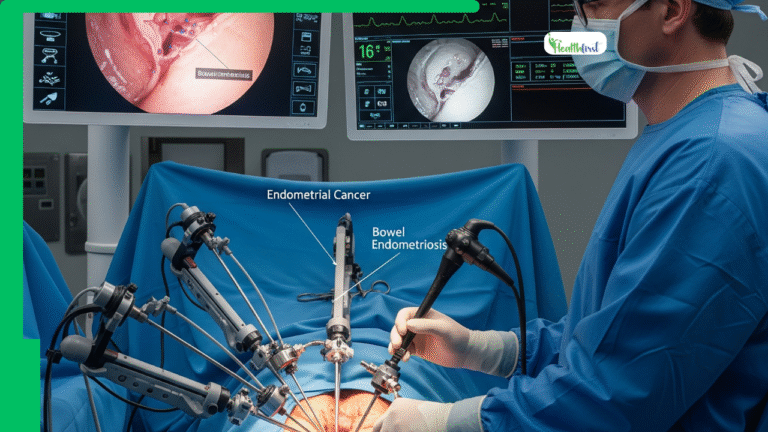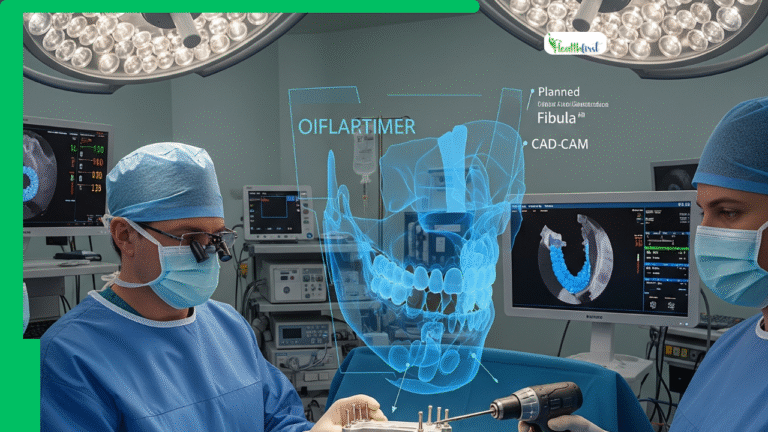Introduction
Cancer is a condition that affects millions of people worldwide. One of the keys to effectively managing and treating cancer is early detection. Recognizing the early signs of cancer is crucial, as it can lead to timely medical intervention, which often results in better treatment outcomes. This blog will explore some of the early symptoms that could indicate cancer and provide insights into why it’s essential not to ignore these warning signs.
Why Early Detection Matters
Early detection of cancer is one of the most significant factors in determining treatment success. In the early stages, many types of cancer are more treatable and may even be curable. The earlier cancer is diagnosed, the less invasive treatments may be needed, and the chances of survival improve considerably.
Statistics show:
- Detecting breast cancer early increases survival rates by over 90%.
- Colorectal cancer is highly treatable if detected early.
Early detection not only saves lives but also reduces the overall cost and complexity of treatment.
Common Early Signs of Cancer
While cancer can present with a variety of symptoms, there are several common warning signs that could indicate the onset of the disease. If you experience any of the following symptoms, it’s crucial to seek medical attention.
1. Unexplained Weight Loss
Sudden and unexplained weight loss can be one of the earliest signs of cancer. This symptom is particularly associated with cancers of the pancreas, stomach, esophagus, and lung. Losing more than 10 pounds without a change in diet or exercise habits should prompt a visit to your doctor.
2. Fatigue
Fatigue that doesn’t improve with rest could be a sign of several types of cancer, including leukemia, colon cancer, and stomach cancer. This is different from the usual tiredness and is often described as feeling worn out or drained without any apparent reason.
3. Persistent Pain
Pain that lingers for weeks and doesn’t respond to usual treatment could indicate cancer. For example, chronic headaches may be a sign of brain cancer, while persistent back pain may be linked to colorectal or ovarian cancer.
4. Skin Changes
Skin changes such as darkened patches, yellowing, redness, sores that don’t heal, or any new moles or changes in existing moles can be a sign of skin cancer or other cancers. It’s important to monitor skin changes and consult a dermatologist if you notice anything unusual.
5. Changes in Bowel or Bladder Habits
Changes in bowel movements, such as diarrhea or constipation that last for more than a few days, or changes in the color, shape, or size of stools could be an early sign of colon or rectal cancer. Frequent urination, pain during urination, or blood in the urine may indicate bladder or prostate cancer.
6. Unusual Bleeding or Discharge
Unexplained bleeding can occur with several different types of cancer. For example, coughing up blood could be a sign of lung cancer, while blood in the stool may indicate colon cancer. Women who experience abnormal vaginal bleeding should get checked for cervical or uterine cancer.
7. Difficulty Swallowing
Difficulty swallowing or a sensation of food sticking in the throat can be a sign of esophageal or throat cancer. It could also be linked to cancers of the stomach or lungs.
Other Potential Signs to Watch For
Some other symptoms that could also indicate the presence of cancer include:
- Chronic Coughing: A persistent cough that doesn’t go away, especially if it’s accompanied by blood, may indicate lung cancer.
- Lumps or Thickening in the Breast or Other Areas: Any unusual lump or thickened area, especially in the breast, should be evaluated by a doctor to rule out cancer.
- Changes in Lymph Nodes: Swelling or lumps in lymph nodes can be an indicator of cancers such as lymphoma or leukemia.
- Persistent Indigestion or Trouble Eating: Ongoing indigestion, nausea, or trouble eating could be linked to gastrointestinal cancers.
- Frequent Infections: Recurring infections or unexplained fevers could be a sign of leukemia.
What Should You Do If You Notice These Signs?
If you notice any of these early signs of cancer, it’s essential not to panic. Many of these symptoms could be related to other, less serious conditions. However, it’s crucial to get them checked out by a healthcare professional. Early diagnosis through screenings, blood tests, and biopsies is often the key to better outcomes.
Regular medical check-ups and screenings can help detect cancer in its early stages, even if symptoms aren’t present. For instance:
- Mammograms for breast cancer
- Pap smears for cervical cancer
- Colonoscopies for colorectal cancer
- Prostate-specific antigen (PSA) tests for prostate cancer
Preventative Measures
While not all cancers are preventable, adopting a healthy lifestyle can significantly reduce your risk. Some tips to lower cancer risk include:
- Maintain a healthy diet: Focus on a balanced diet rich in fruits, vegetables, lean proteins, and whole grains.
- Exercise regularly: Aim for at least 30 minutes of moderate activity most days of the week.
- Avoid smoking: Tobacco use is linked to many types of cancer, including lung, throat, and bladder cancer.
- Limit alcohol: Excessive alcohol consumption increases the risk of cancers such as liver, breast, and colon cancer.
- Protect your skin: Use sunscreen and avoid excessive sun exposure to reduce the risk of skin cancer.
- Get vaccinated: Certain vaccines, such as the HPV vaccine, can help prevent cancer.
Conclusion
Being aware of the early signs of cancer is the first step toward prevention and early intervention. Recognizing these symptoms, coupled with regular screenings and a healthy lifestyle, can make a significant difference in cancer outcomes. If you experience any unusual symptoms, don’t hesitate to seek medical advice—early detection could save your life.

